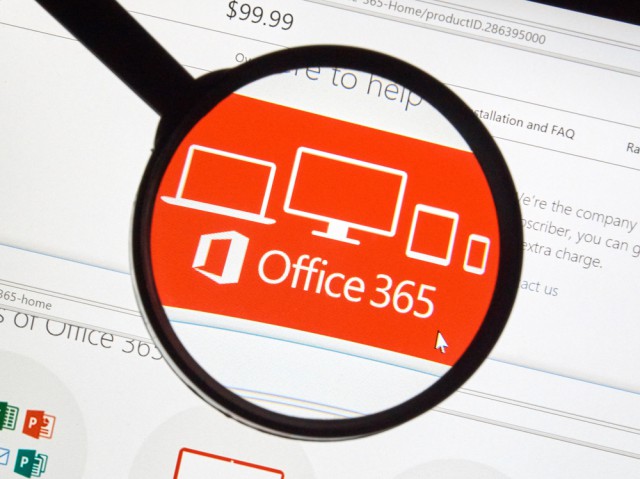
Office 365 subscribers get premium Outlook.com features
Even though its name suggests otherwise, Office 365 is more than a subscription for Microsoft Office. Sure, you do get the hugely popular suite, but you also get some other really cool perks, like 1TB of OneDrive storage. And, today, Microsoft is adding one perk more to the list.
Outlook.com Premium, the paid plan that Microsoft officially introduced early this year, is now included in Office 365 Home and Personal subscriptions for free. Outlook.com Premium was previously available only as a standalone plan costing $19.95 a year.

Email is scammers' favorite platform
Email is still the number one cybercrime infection vector, but it's far from being the only one you should be paying attention to. A new whitepaper from Symantec, entitled ISTR, says business email compromise as well as spam are also dangerous players in the game.
Here are the numbers: email is the most popular platform among scammers. One in nine email users have had a malicious email sent to them in the first six months of this year. And that's just the global average. In the Wholesale Trade industry, that figure jumps to one in every four users.
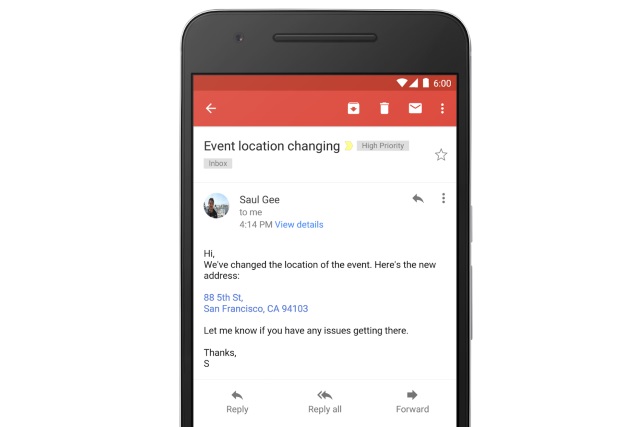
Gmail and Inbox now convert addresses, phone numbers and contacts into clickable links
The chances are that when you read that headline -- particularly if you're not a Gmail or Inbox user -- your reaction was something along the lines of "how is that not already a thing?"
The update is a simple one, but one that will be welcomed by users. Just as URLs are automatically converted into clickable links, so the same luxury is to be lavished on addresses, phone numbers and contacts. Welcome to 2017.
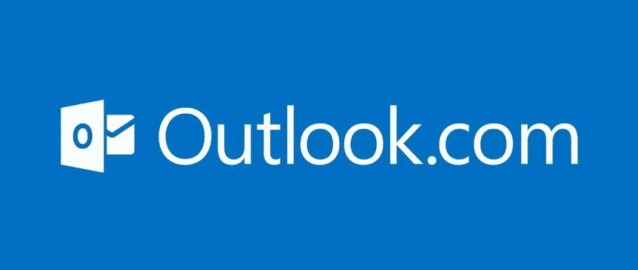
Microsoft confirms Outlook.com is down for some people
If you are having trouble accessing Outlook.com at the moment, you're not alone. Many people -- particularly in Europe -- are experiencing problems with Microsoft's email service.
Microsoft has confirmed that there is an issue with "load-balancing infrastructure," and investigations are underway to discover the source of the problem. Users affected by the problem say that the messages they try to send remain in the Draft folder rather than reaching the intended recipient.
How to fight back against the email scammers
Business Email Compromise (BEC) has become one of the most popular tactics deployed by fraudsters in recent years. A step up from the numerous but low-quality spam campaigns that clog most inboxes on a daily basis, BEC attacks involve a planned attack on a specific target, aided by the impersonation of a trusted contact.
The most commonly seen tactic is to take on the guise of the CEO and use their authority to trick a financial department into transferring funds, while variations include impersonating suppliers and business partners, and going after sensitive data rather than direct payment. In its most recent report, the FBI estimated that financial losses from these attacks is more than $5.3bn since October 2013.
DMARC -- rebuilding trust in email [Q&A]
Email has become the default means of communication for both businesses and individuals, but as we saw yesterday it isn't without its problems.
A major issue email has is that of security, cyber criminals are getting better at creating phishing and other messages that accurately spoof commercial organizations. But there is a technology in the form of Domain-based Message Authentication, Reporting and Conformance (DMARC) which has the potential to restore faith in email communication.

Happy 35th birthday email, you've changed our lives
On August 30th 1982, Dr VA Shiva filed the first copyright for an email system. That means email turns 35 today, but though it's all grown up it's proved to be a bit of a problem child.
A new survey released to coincide with the anniversary by Edison Software, makers of an AI mail app, finds that email has grabbed a dominant role in many of our lives and this shows no signs of abating.
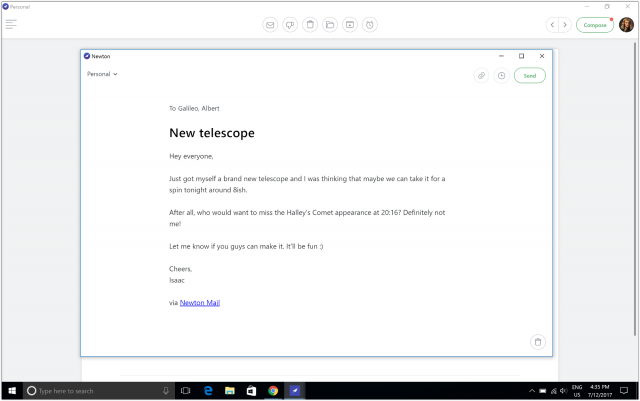
Newton email officially available on Windows
Newton is my favorite email app, not least because I can use it on all my devices -- no matter if they run Android, iOS, macOS or Windows, the last of which arrived in private beta in early-May. Now, after four months of testing, it is ready for prime time.
The Windows version of Newton arrives today in Windows Store, and it's designed with Windows 10 users in mind. CloudMagic, the company behind the app, has included pretty much every feature that Newton has on other platforms, meaning the experience should be pretty similar to Android, iOS and macOS.
Want your emails read? Send them on Thursday at 4pm
Email marketing has always been something of a hit and miss affair, you're sending messages off knowing that many of them will simply disappear into the black hole of the internet.
A new study by marketing platform GetResponse looks to shed some light on the most effective strategies to get your emails read by analyzing almost two billion messages.
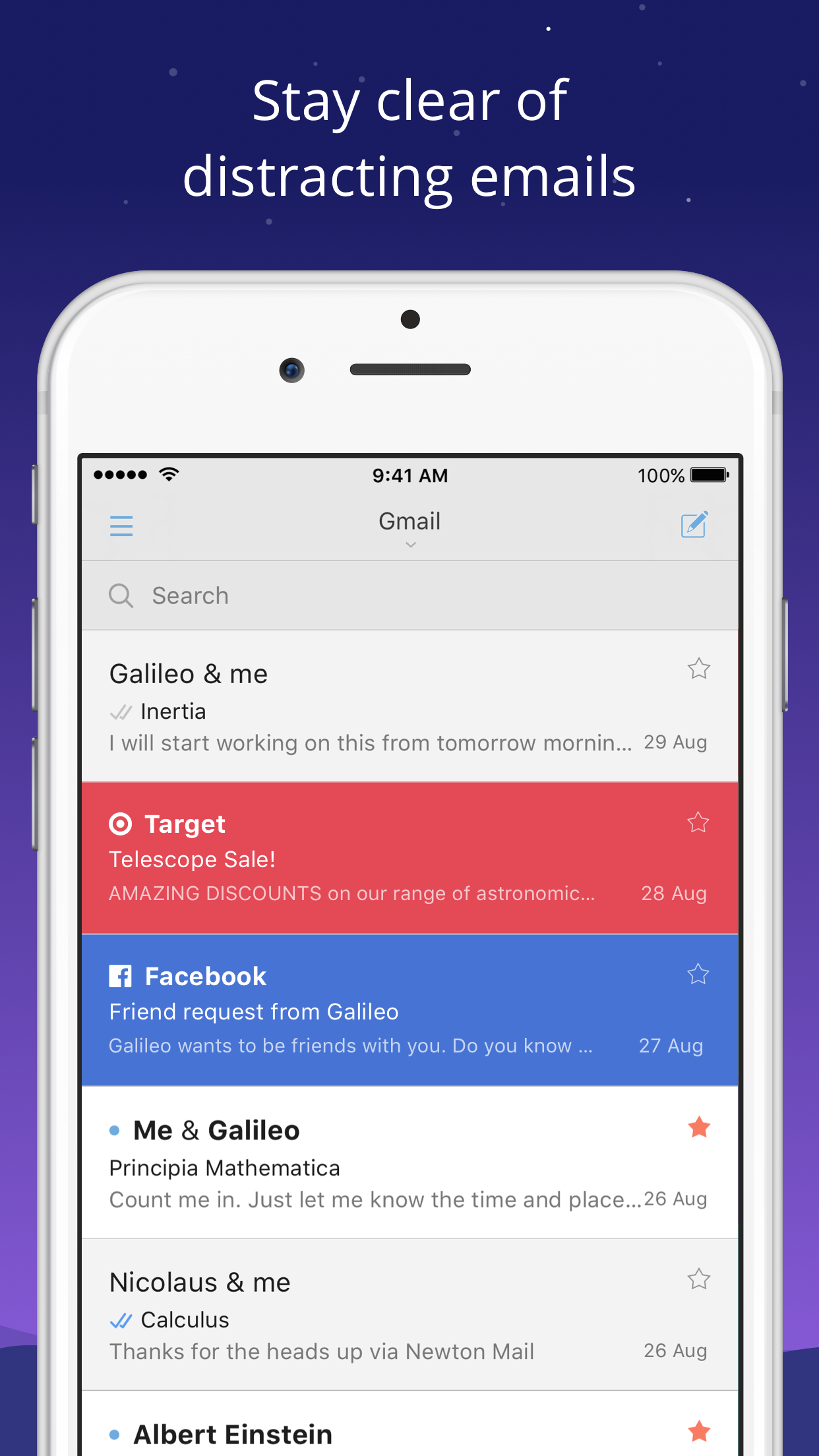
Newton adds Tidy Inbox so you can focus on important emails
Having tabs in your inbox to weed out unimportant emails can come in handy, but this feature has not gained traction with all the major providers. Google is the only one to offer it, having introduced it over two years ago, with the likes of Outlook.com and Yahoo staying on the sidelines.
So CloudMagic, the company behind popular email app Newton, has come up with its own implementation, that works with all the email accounts available in the client. It's called Tidy Inbox and it's pitched as "Gmail tabs for all email accounts."
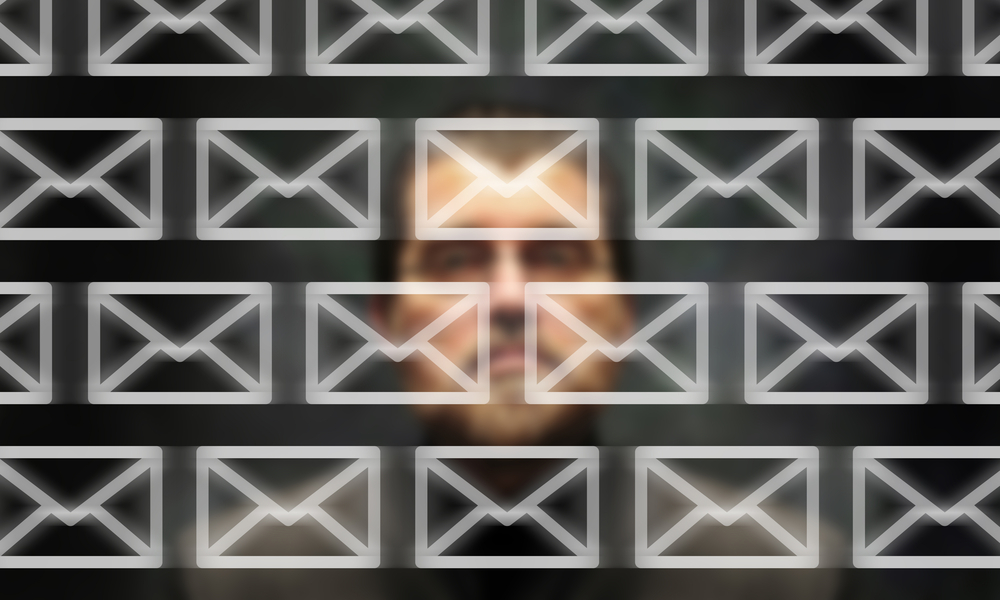
Less than one percent of UK charities are protected against email fraud
Charities, just like other organizations, rely heavily on email for their communications, but a new study reveals that in the UK most are not protected against the risks of fraudulent emails and phishing attacks.
The study by platform-as-a-service provider Red Sift analyzed the email domains of over 78,000 charities and found that under one percent have adequate protection using DMARC authentication.
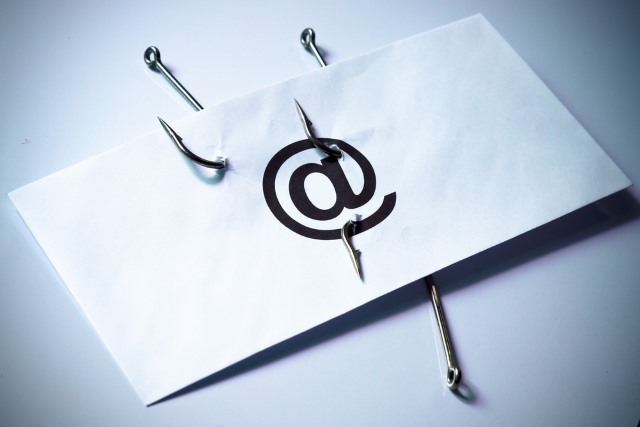
Email scam is a growing problem for enterprises
Email phishing scams continue to strike a huge number of businesses, in spite of much more improved cyber-security policies, new research has revealed.
The latest Email Security Risk Assessment from Mimecast discovered that ambitious hackers are also increasingly targeting C-level executives and impersonating those in senior leadership positions in order to trick employees into transferring money or valuable IP data. The report found that there had been a 400 percent rise in so-called impersonation attacks in just the last three months of the year.
What Microsoft can improve in Outlook
Outlook is one of the most used pieces of software in the corporate world. For a reason, of course -- while its main use is as an email client, it usually ends up being a lot more.
It offers several other features that help organize your daily work, such as syncing your emails with your calendar. This makes setting up and keeping track of meetings and obligations much easier.

UK parliament cyber attack highlights the shortcomings of passwords
As we reported over the weekend the UK parliament's email system was subject to a brute force attack using passwords stolen in the 2012 LinkedIn breach.
Security experts have been quick to point out the inherent weakness in large organizations and government departments relying on passwords to protect highly sensitive data.
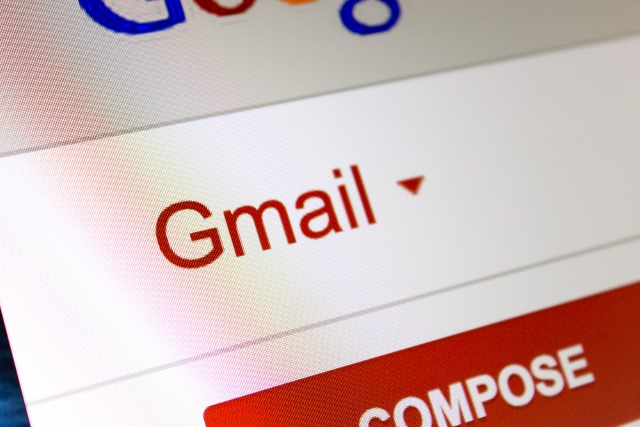
Google to finally stop scanning Gmail messages
Somewhat controversially, Google has always scanned messages in Gmail in order to be able to present users with relevant, personalized adverts based on the email content. That’s something that has always worried people who are concerned with what personal information the company might be gleaning from their inboxes.
In a surprise announcement, the search giant today declares its intention to end the long-standing policy.
